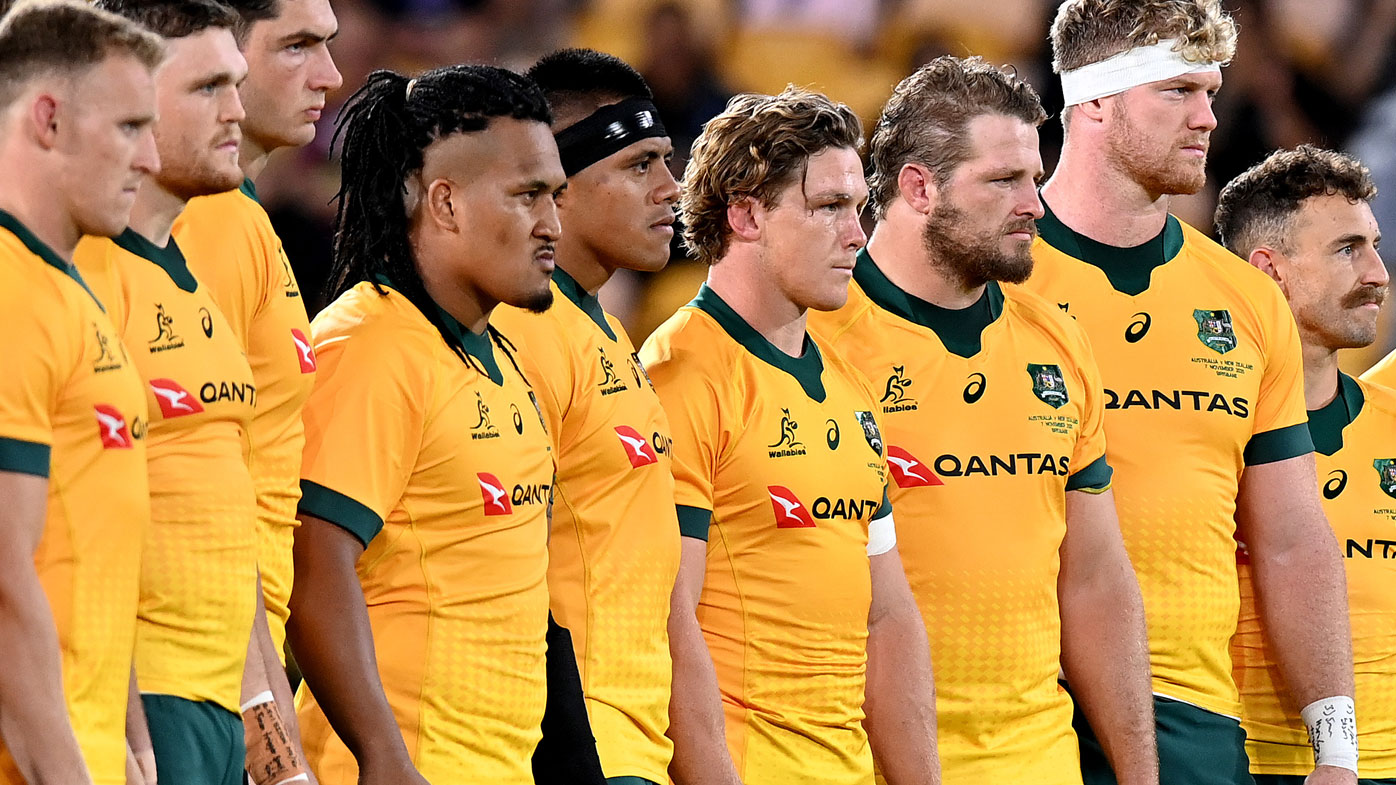Following his side's 18-13 misfortune to the Stormers in the United Rugby Championship last, the Bulls' lead trainer Jake White selected to pick at an old scab that has irritated him for a while.
"I don't figure you ought to permit folks to play abroad and return and be a Springbok," the 2007 World Cup-winning mentor said as the Stormers players popped champagne bottles in one more space at the Cape Town arena.
"I think it degrades all that individuals represented. The fact of the matter is fundamental. How could you remain in South Africa? Inquire whether he would work in London for twofold his compensation in pounds. Is it true or not that they will remain and work here? How could you do that when you can in any case return [from overseas] and play for South Africa?"
This is a drum that White has banged for quite a while. When he was South Africa's mentor somewhere between 2004 and 2007, players who traveled to another country finished their possibilities wearing the green and gold of their countryside. That stayed valid until Rassie Erasmus assumed responsibility for a group in chaos in 2018 and transformed them into world mixers in 18 months or less.
In the three-Test series against England on home soil, Erasmus invited back the recently banished Faf de Klerk from Sale, Willie le Roux from Wasps, Duane Vermeulen from Toulon, and the Montpellier sets of Bismarck du Plessis and Francois Steyn.
South Africa won that series 2-1 yet needed to retaliate in the principal Test after a three-attempt rush from England in Johannesburg left them staggered.
In his most memorable Test as commander, Siya Kolisi shared Vermeulen with address the group in what is broadly credited as a defining moment in that challenge.
Could Kolisi have turned into the torchbearer for a changed Springbok outfit without Vermeuelen's discourse? It's difficult to say. Had South Africa lost that game, they could have lost the series. How much confidence could the South African public have put in an abundant mentor and an untested captain? Could they have lifted the World Cup in Japan without that early force and conviction?
These are inconceivable inquiries to address. What is past discussion is that no other rugby country with sensible World Cup goals depends as much on its unfamiliar players.
We should analyze the crews collected for these July internationals beginning this week. Every individual from the New Zealand, Ireland, France, and England crews plays for nearby clubs or establishments. Four of Australia's 35-man bunch play in Japan. Six noticeable colleagues English clubs, while 3/4 of Scotland's squad call Edinburgh or Glasgow home.
Argentina is a particular case as just two of their players - Ignacio Ruiz and Mayco Vivas - address the Jaguares. 17 play in France, eight in England, and six in Italy, Scotland, and New Zealand, including previous skipper Pablo Matera who assisted the Crusaders to a Super Rugby with naming this month.
Be that as it may, Argentina won't win the following year's World Cup. South Africa, the reigning champs, will be sure of lifting their fourth Webb Ellis Cup. What's more, inside their crew of 43 for the home series against Wales are 19 Springboks who gather a month-to-month compensation in either pounds, euros, or yen.
That is 44% of the Springbok bunch. It's an excellent takeoff from what White accepts was an essential strategy that protected the honesty of the Springbok legacy. It would be not difficult to mark White's view as old-fashioned or established in patriotism, yet the Springboks contact a piece of the public mind that a couple of associations can reach. They bring out a primary reaction from the people who love them. This is a group that rises above wise ideas. Considerably previous mentors aren't invulnerable to this old thunder.
Be that as it may, White's cases are impacted by rugby reasons. He guarantees that a player channel, from his perspective, debilitates South Africa's homegrown groups. Ongoing proof would counter his contention. Hardly any type of the Bulls to destroy Leinster in the URC semi-finals, and an all-South African show-stopper proposes that the creation line of ability is as yet working as it ought to.
This is a significant point. Assuming the unfamiliar-based Springboks kept addressing the clubs that created them, they would be holding up traffic of more youthful players who might somehow perish from neglect. What the number of promising young English players, for instance, will blur into haziness due to an absence of chance in the Premiership?
Additionally, one should consider the inquiry over funds while assessing the value of choosing South Africans from abroad. As Erasmus wrote in his segment for the Daily Mail in March: "Individuals say South Africa are dumb for permitting our players to leave. Is it dumb? Take a gander at England; six or seven South African players are taking the spots of youthful English players at Premiership clubs.
"For our purposes, it's great. Among around 32 players we see, they're most likely procuring a 400-million rand that doesn't need to fall off our records. In the meantime, back in South Africa, we have the following South African lock coming through because there is no monetary motivation for players to come here.
"Is it great for England that Faf de Klerk is beginning in front of Raffi Quirke at Sale? No. Is it great for South Africa? Indeed, it works for us."
Likewise, those players who play abroad are likewise presented with various training methods of reasoning in associations that play an alternate brand of rugby. They share a changing area with colleagues from multiple societies and are compelled to challenge themselves in an outsider land. Each unfamiliar based Springbok that I have talked with, to a man, accepts that they have developed as a player and an individual since they, at this point not live in that frame of mind of their introduction to the world.
It might irritate any semblance of Jake White and others trapped in a long time; however, for most of Springbok allies, the leading cash included prizes in the bureau. Also, this group, drawn from 19 unique clubs from five distinct nations, may yet win more than some others.



Login To Leave a Comment